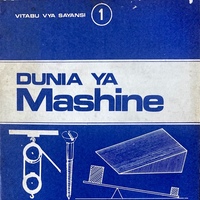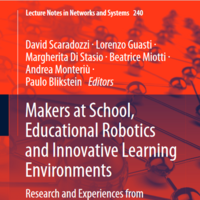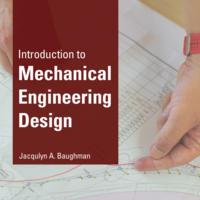Search
Books+
Searching 1,730 books
Search related to the career Aerospace Machinist
Challenges Faced by Aerospace Machinists:
1. Complexity of Aerospace Components: Aerospace machinists often work with intricate and complex components that require high precision and accuracy. These components may have tight tolerances, intricate geometries, and advanced materials, making machining challenging and demanding.
2. Advanced Manufacturing Technologies: Aerospace manufacturing is constantly evolving, with the introduction of new technologies such as computer numerical control (CNC) machines, additive manufacturing, and automation. Aerospace machinists need to continuously update their skills and adapt to these advanced technologies to remain competitive in the industry.
3. Strict Quality Standards: The aerospace industry has stringent quality standards to ensure the safety and reliability of aircraft. Machinists must adhere to these standards and meet the required specifications, which can be demanding and time-consuming. Any deviation from these standards can have severe consequences.
4. Material Selection and Machining: Aerospace machinists work with a wide range of materials, including aluminum, titanium, composites, and exotic alloys. Each material has its own unique properties and challenges during machining, such as heat resistance, hardness, and brittleness. Selecting the appropriate cutting tools, techniques, and parameters for each material is crucial but can be complex.
5. Workplace Safety: Aerospace machining involves working with heavy machinery, sharp tools, and potentially hazardous materials. Machinists must follow strict safety protocols to prevent accidents and injuries. They need to be constantly aware of their surroundings, wear appropriate protective gear, and maintain a safe working environment.
6. Tight Deadlines and Pressure: The aerospace industry is highly competitive, and projects often have strict deadlines. Machinists may face pressure to complete machining tasks within tight timelines while maintaining high-quality standards. This can lead to increased stress and the need for efficient time management.
7. Continuous Learning and Skill Development: To keep up with the advancements in aerospace technology, machinists must engage in continuous learning and skill development. They need to stay updated with the latest machining techniques, software, and industry trends. This requires a commitment to lifelong learning and professional development.
8. Team Collaboration: Aerospace machinists often work as part of a larger team, including engineers, designers, and quality control personnel. Effective collaboration and communication are essential to ensure smooth workflow, resolve technical issues, and meet project requirements. Machinists must possess good interpersonal skills and the ability to work well in a team environment.
9. Environmental Considerations: Aerospace machining processes can generate waste materials, such as metal shavings, coolant fluids, and chemicals. Machinists need to follow proper disposal procedures and adhere to environmental regulations to minimize the impact on the environment.
10. Physical Demands: Aerospace machining can be physically demanding, requiring prolonged periods of standing, lifting heavy objects, and performing repetitive tasks. Machinists need to maintain good physical health and ergonomics to prevent work-related injuries and fatigue.
Overall, aerospace machinists face numerous challenges that require technical expertise, adaptability, attention to detail, and a commitment to quality and safety.
Source: Various AI tools
Challenging
Engineering
Vocational skills
Searched in English.


























